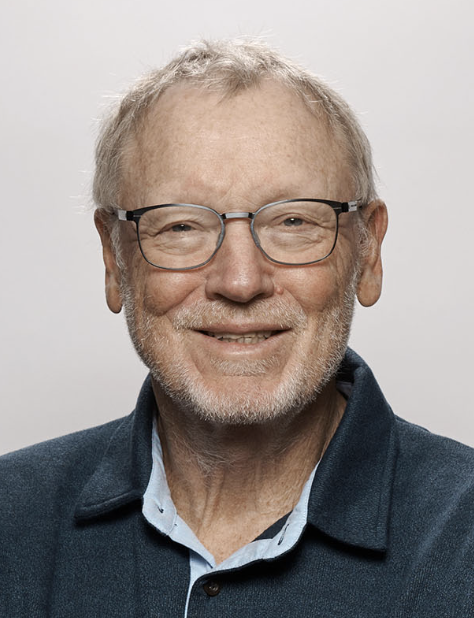Amgen’s obesity data are helping more than its own stock and internal R&D efforts.
The biotech, which teased Phase 2 data in May, has helped elevate the case for GIP antagonism — rather than agonism — in treating obesity. The perplexity of agonism versus antagonism has become a fascinating scientific debate.
 Jens Juul Holst
Jens Juul HolstThe hypothesis is now paying off for a small Danish biotech that was seeded by Novo Holdings seven years ago and co-founded by one of the “grandfathers” of GLP-1 research: Jens Juul Holst. Nestled in Copenhagen, not too far from Novo Nordisk’s headquarters in Bagsværd, is a nimble biotech that has been relatively quiet in its pursuit of a GIP antagonist for obesity and potentially other indications.
Aptly named Antag Therapeutics, the startup initially set out to raise €40 million to €50 million ($43 million to $54 million) for a Series A. But the drug developer has since upsized to a larger, undisclosed range as it targets getting a once-weekly, under-the-skin candidate into human trials next year, Jeroen Bakker, a Novo Holdings partner and Antag board member, told Endpoints News on Tuesday.
 Jeroen Bakker
Jeroen BakkerThe early snapshots of data on Amgen’s MariTide, a GIP receptor antagonist and GLP-1 receptor agonist, have fueled interest in Antag’s fundraising efforts after years of behind-the-scenes work, according to Bakker. Antag plans to combine its lead GIP receptor antagonist with a GLP-1 agonist.
“That’s really solidified our thinking and also made our story a whole lot easier to tell,” Bakker said, “and that’s been the reason why we’ve been getting so much inbound interest.”
Holst, who in the ’80s made key findings on GLP-1, co-founded the biotech with his former PhD student, Alexander Sparre-Ulrich, who’s served as CEO since 2017.
Holst “felt very strongly that GIP was the next big thing,” Bakker said.
 Alexander Sparre-Ulrich
Alexander Sparre-UlrichEven with Novo Holdings as the lead seed investor, getting the work off the ground and drumming up interest with investors took time and an unexpected rise in obesity R&D. With Novo Nordisk’s Wegovy and Eli Lilly’s Zepbound opening up the market, obesity drugs could become the top-selling drugs of all time.
“Before semaglutide became really big, obesity was, in all fairness, it was perhaps a more difficult sell because most of the investor community … didn’t see an exit scenario, and they were all afraid that they would have to run large Phase 3 trials,” Bakker said. “Things have changed dramatically because now it’s hard to look at an investment opportunity that doesn’t have obesity or metabolism in there.”
Now, Antag is in the “advanced stages” of its upsized Series A, Bakker said. MedWatch reported some of the funding details earlier this week.
Antag board chair Philip Just Larsen is fresh off a $30 million Series A for another obesity biotech. He’s the CEO of SixPeaks Bio, a Basel-based startup that aligned announcing its Series A in May with up to $80 million in financing from AstraZeneca, which also has the option to acquire it.
In addition to Antag’s once-weekly injectable, there is a second program that has the potential for a once-monthly dosing schedule, Bakker added. The company is also considering whether there are other areas beyond obesity to apply the GIP antagonist thesis.